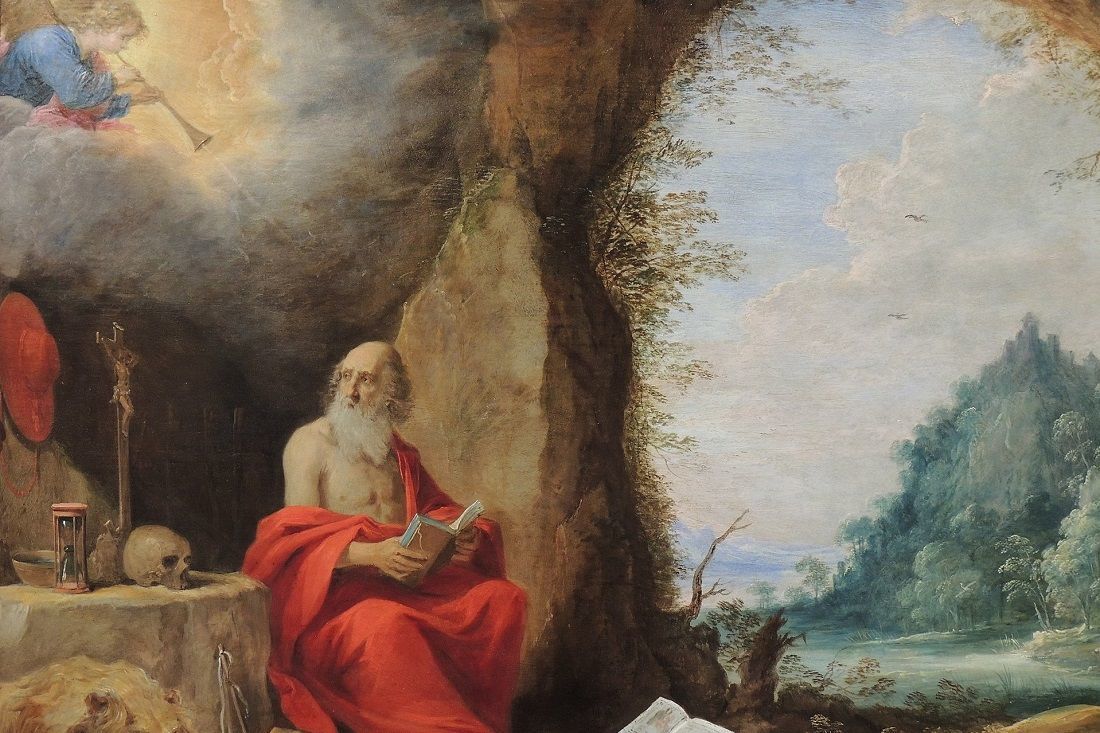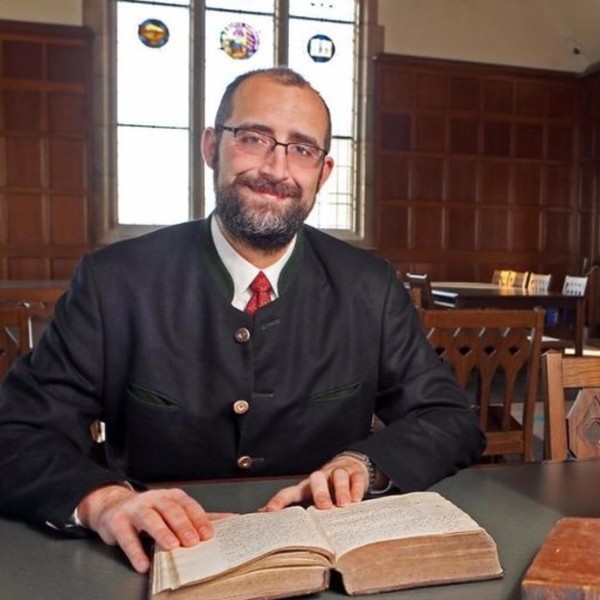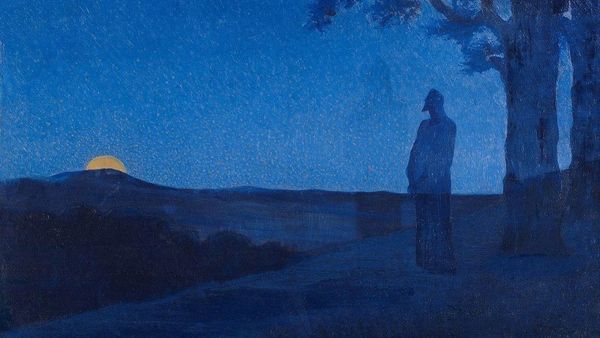We all know that Advent means arrival and preparation. I would invite you to meditate with me about the prerequisites of the term and implications we hardly ever acknowledge.
On November 8, the Church remembered Blessed Duns Scotus (d. 1308), one of the greatest thinkers she has ever produced. One of his key ideas was that God’s perfect intellect is mirrored in the limitless openness and receptivity of the human mind. For the Franciscan, such receptiveness was a sign of human dignity: humans receive those truths they cannot achieve by their own powers. This sounds complicated but leads to some simple conclusions: all true knowledge comes from an encounter and arises from the receptivity of our mind and heart (intellectus passibilis). If we apply Scotus’s insight to Advent, we might realize that our receptivity to the Incarnate Word is impeded by something in our lives and that perhaps we do not desire a real encounter with the real God but rather one with our self-constructed god.
The root for this seems to lie at the beginning of our freedom, at a moment before we even choose between objects, and acquire a primordial stance to the world. Either we accept the order of being with God at the start or we reject it. If we decide for the latter, we impose our ideas on reality instead of discovering its teleological, hierarchical structure. We abuse things—be they persons or things—and lose sight of the whole. It is in sin where we pervert the goals of things most decisively and abuse them; instead of searching for the true, good, beautiful, and holy, we enslave ourselves to substitute goods, to the counterfeit. This primordial decision[1] doesn’t happen just once (like with the angels), but is demanded from us every time we encounter things that have objective ends. The Christian tradition has a word for acquiring the right disposition towards the created world and learning about its intrinsic order: asceticism. It frees us from ourselves and from humanly imposed demands to serve God. Our Blessed Mother is a good example: being immaculately conceived, she was without sin and always chose in absolute freedom because her entire being was oriented toward God and his will.
Yes, Advent is a time of asceticism. The latter originally meant “training.” The liturgical color violet should remind us of that, but also the practice of our Orthodox brethren to fast during this time. When we practice asceticism we stop treating things as ends for us and begin to accept God’s order again. We retrain ourselves, so to say; fasting is just one aspect of that retraining. True asceticism is a tool to prepare ourselves, to be open to receive the Word Incarnate, and goes beyond a mere giving up of some objects (alcohol, chocolate, etc.) but aims to recalibrate our entire focus towards reality. It aims at changing our desire, to turn it away from selfishness and toward the attitude of acknowledging God’s order, receiving it in obedience.
Wisely, the mystics remind us that such phases of giving up things are to be interrupted by phases of fulfillment, of action, like our breathing is a harmony of inhaling and exhaling. When we inhale, we fill our lungs with the oxygen we need. For that purpose, however, we have to be open: If our airways are blocked, we cannot inhale. We cannot do so in a vacuum, either, and the world around us is just that: an empty place that cannot (ful)fill us. Inhaling, however, is rather passive; we are filled with something. Asceticism works a bit like this. It removes blockages and directs us to sources of fresh air. It prepares us to be (ful)filled. Only when we exhale do we become truly active. We use the air stored in us to speak, to sing, for bodily action—we express ourselves. We come to ourselves and to the mystery of our own being, God, and meet him in our soul.
Asceticism is therefore not an end in itself, but is always a tool and a preparation for the supernatural gifts. These gifts only perfect what is already there, namely nature. By freeing us from our enslavement to our misconceptions and the world, asceticism helps us to grow in faith, hope, and especially love. Once the spectacles of selfishness are taken away from our sight, we gain a new perspective and begin to penetrate reality itself. In short, asceticism leads us to a heightened awareness, or as the Buddhist would say, mindfulness. This we can see best in children, who see mysteries adults have long forgotten: they still find a horse awe-inspiring, feel interest about the shape of a key, and hear the snowflakes falling. Asceticism leads to attention—toward attention to the central mystery of our life, God. Simon Weil beautifully summed up that “prayer consists of attention. It is the orientation of all the attention of which the soul is capable towards God. The quality of attention counts for much in the quality of the prayer. Warmth of heart cannot make up for it.”[2]
Advent is an invitation to regain the openness of our hearts and minds to the great mystery of the Incarnation. If we are truly open, we become receptive to God and his becoming incarnate in us.
[1] I rely on the work of the German philosopher Hans-Eduard Hengstenberg (1904–1998), student of Max Scheler, and himself a teacher of the eminent Catholic philosopher Robert Spaemann. See for example his Christliche Askese, 2nd ed. (Heidelberg, 1948).
[2] Simone Weil, “Reflections on the Right Use of School Studies,” in Waiting on God (London, Fontana Books, 1959), 66-76.


